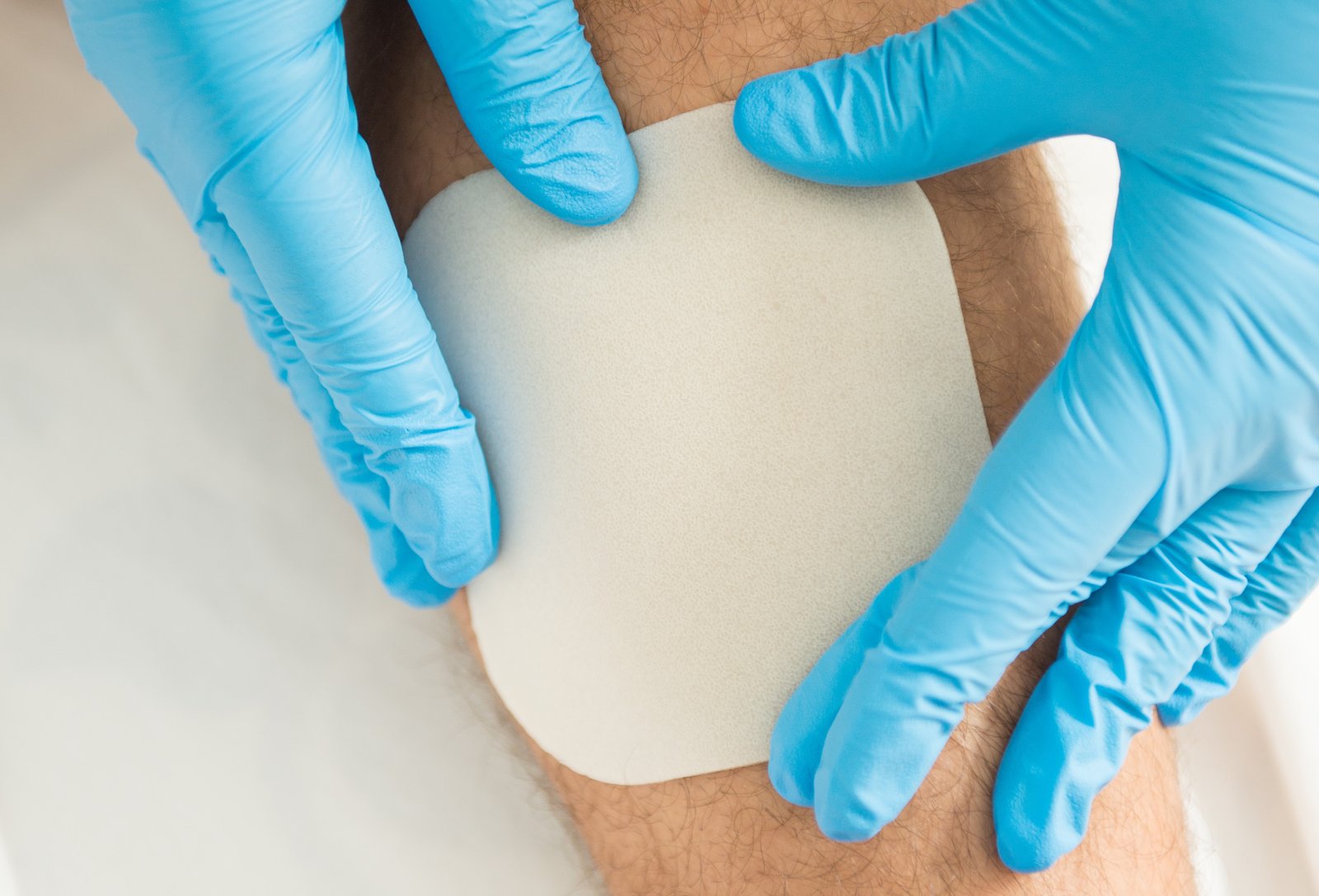Wound Management Treatment
Our Doctors Dr. Kapil Dev who is one of the best wound management
doctor in New Delhi says that the Wound management encompasses a multifaceted approach aimed at
promoting optimal healing and preventing complications. It begins with a thorough assessment of the wound,
considering factors such as size, depth, and underlying causes. Proper cleaning and debridement are
essential to remove debris, dead tissue, and bacteria, creating an environment conducive to healing.
Selecting the appropriate dressing is crucial, tailored to the wound type and stage of healing, to
maintain moisture balance, protect from infection, and promote tissue regeneration. Monitoring for signs
of infection, such as increased redness, swelling, or drainage, is essential for early intervention.
Additionally, addressing underlying factors like nutrition, mobility, and comorbidities can significantly
impact wound healing outcomes. Collaboration among healthcare professionals, including nurses, physicians,
and specialists like wound care nurses or surgeons, ensures comprehensive care tailored to individual
needs. Through diligent wound management, patients can achieve optimal healing, reduce the risk of
complications, and ultimately improve their quality of life.

Advantages Of Wound Management
Promotes optimal healing
Reduce Infection Risk.
Minimizes pain and discomfort
Prevent Complications
Enhances cosmetic outcomes
About Wound Causes
- Trauma: Wounds often result from physical injuries such as cuts, abrasions, punctures, or burns caused
by accidents, falls, or contact with sharp objects.
- Surgical Procedures: Incisions made during surgical operations can lead to wounds that require careful
management to ensure proper healing and prevent infection.
- Chronic Conditions: Wounds may develop as a complication of chronic health issues like diabetes,
venous insufficiency, peripheral vascular disease, or pressure ulcers due to prolonged immobility.
- Infections: Wounds can arise from bacterial, viral, or fungal infections, which may occur through
breaks in the skin or as a result of underlying conditions compromising the immune system.
- Poor Circulations: Conditions that impair blood flow, such as atherosclerosis or peripheral artery
disease, can contribute to the development of wounds, especially in the extremities.
- Skin Disorders: Certain skin conditions like eczema, psoriasis, or dermatitis can weaken the skin's
integrity, making it more prone to injury and resulting in wounds.


